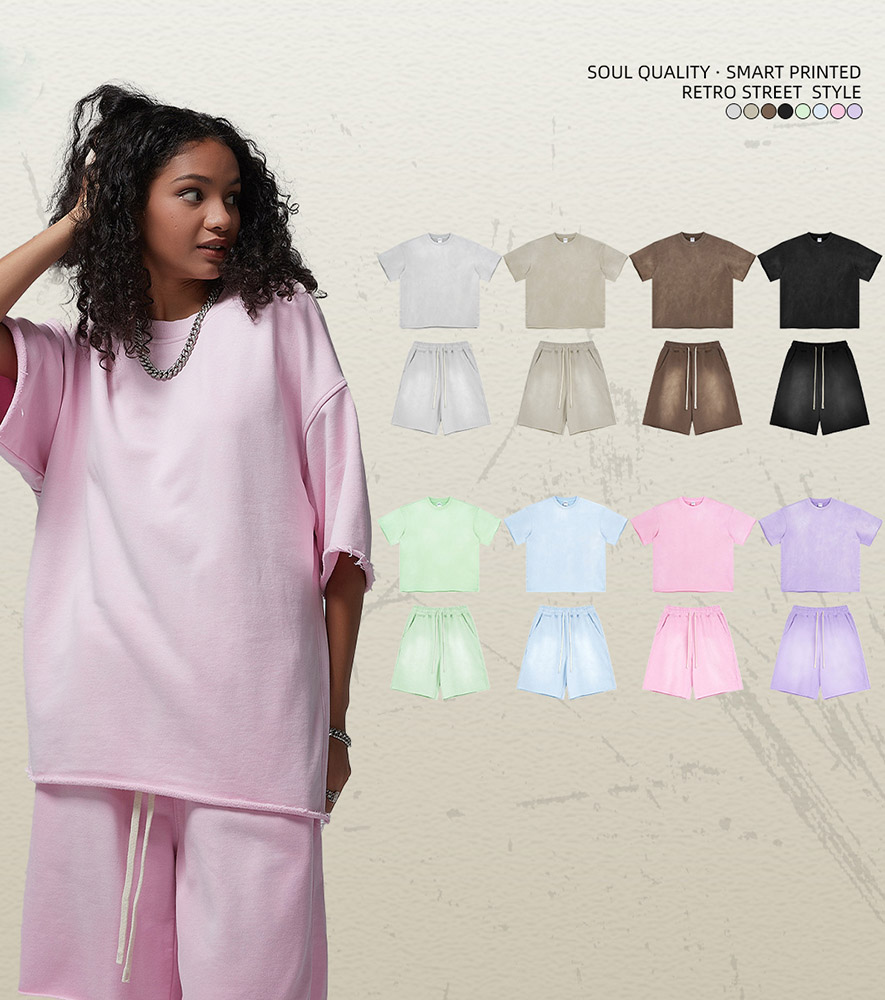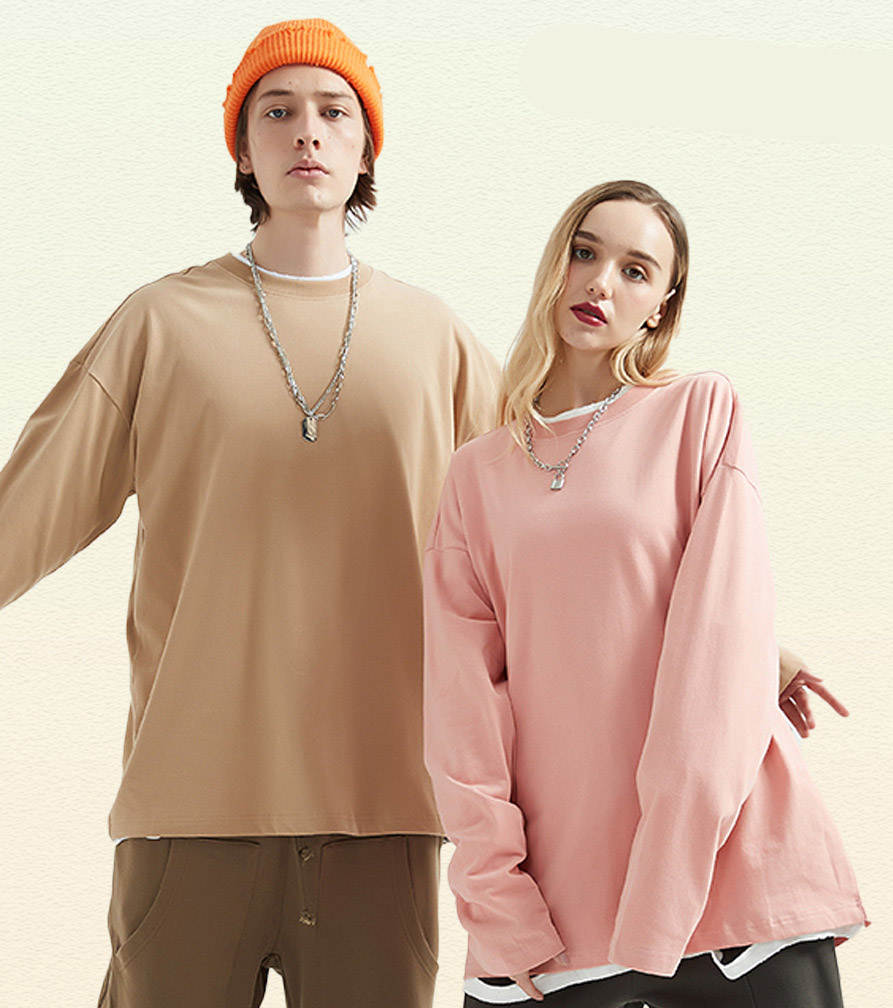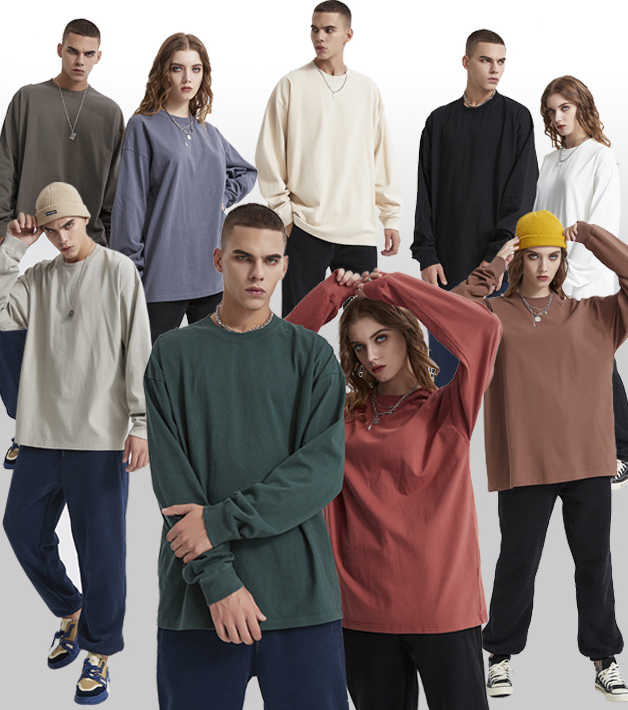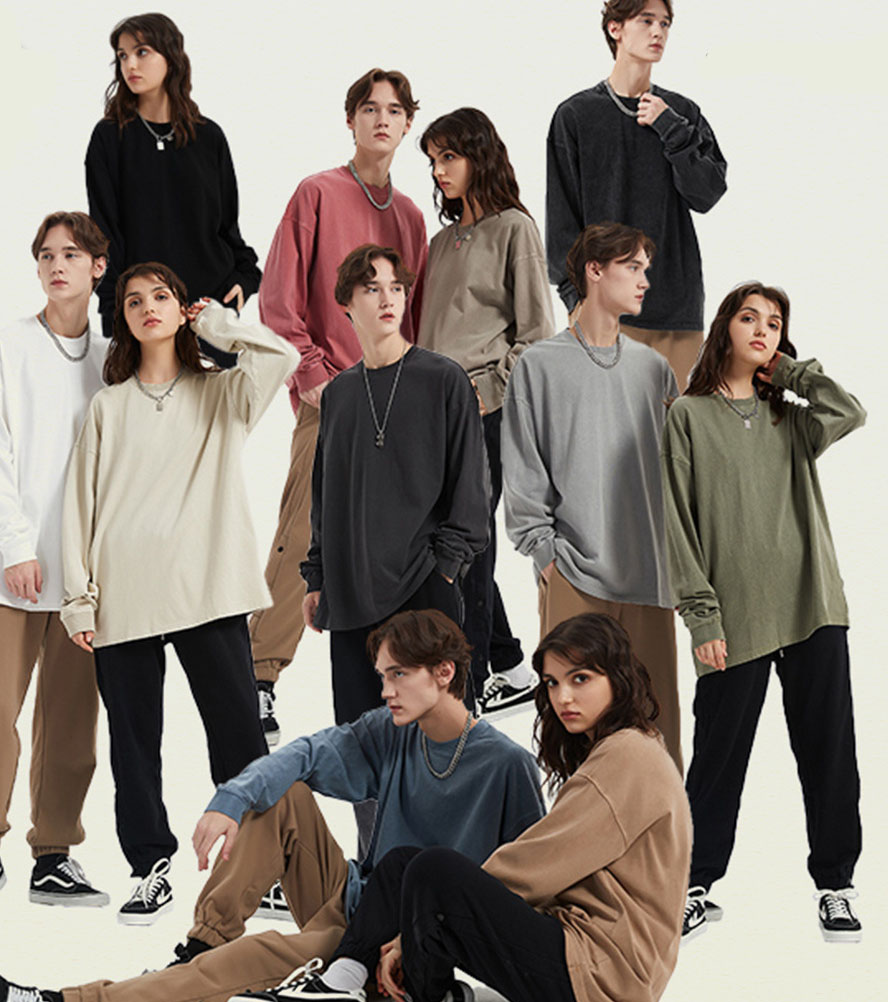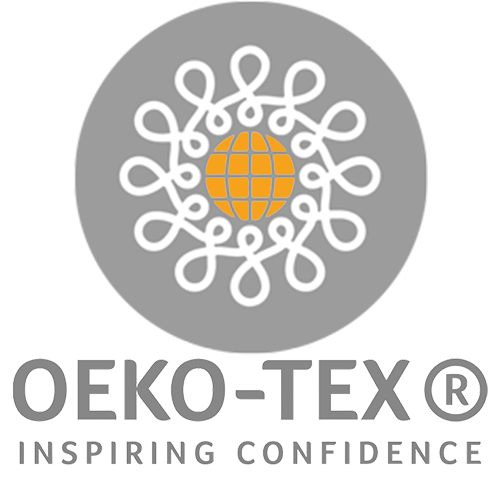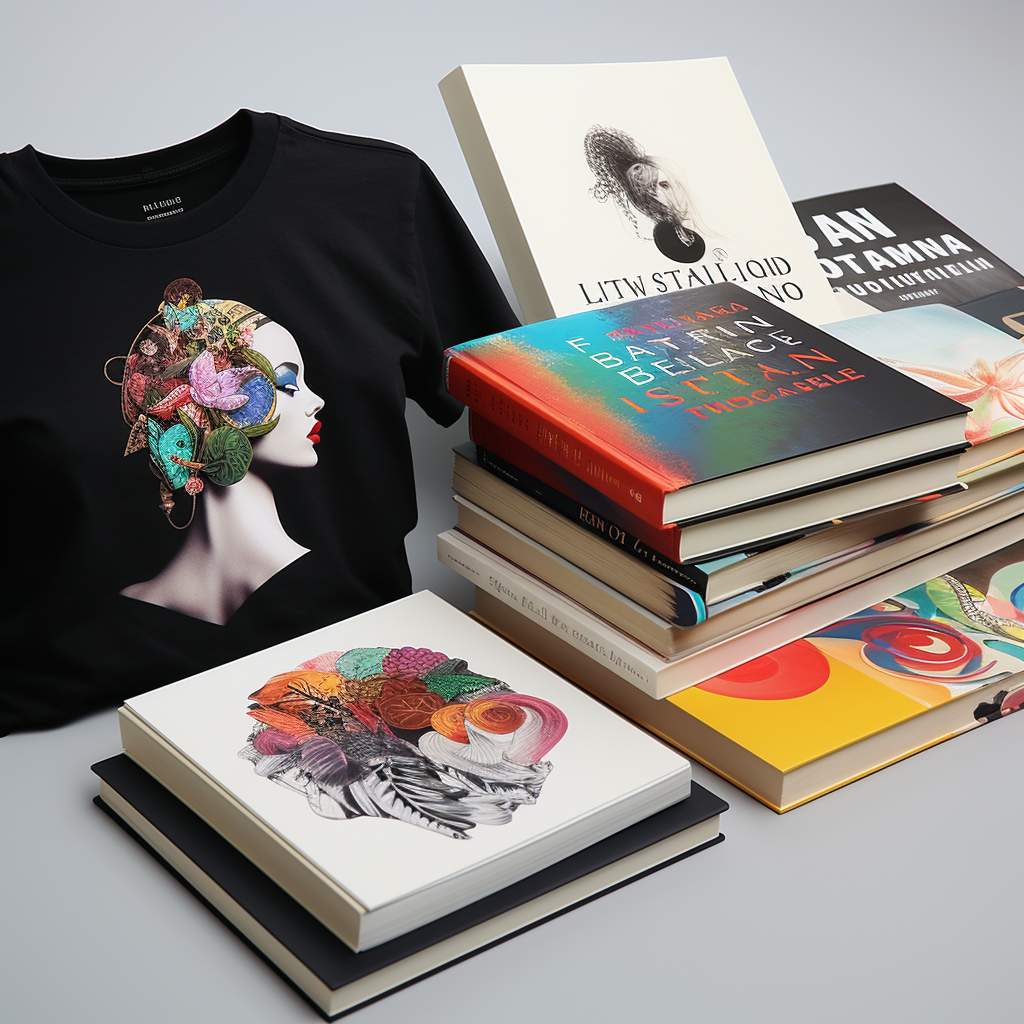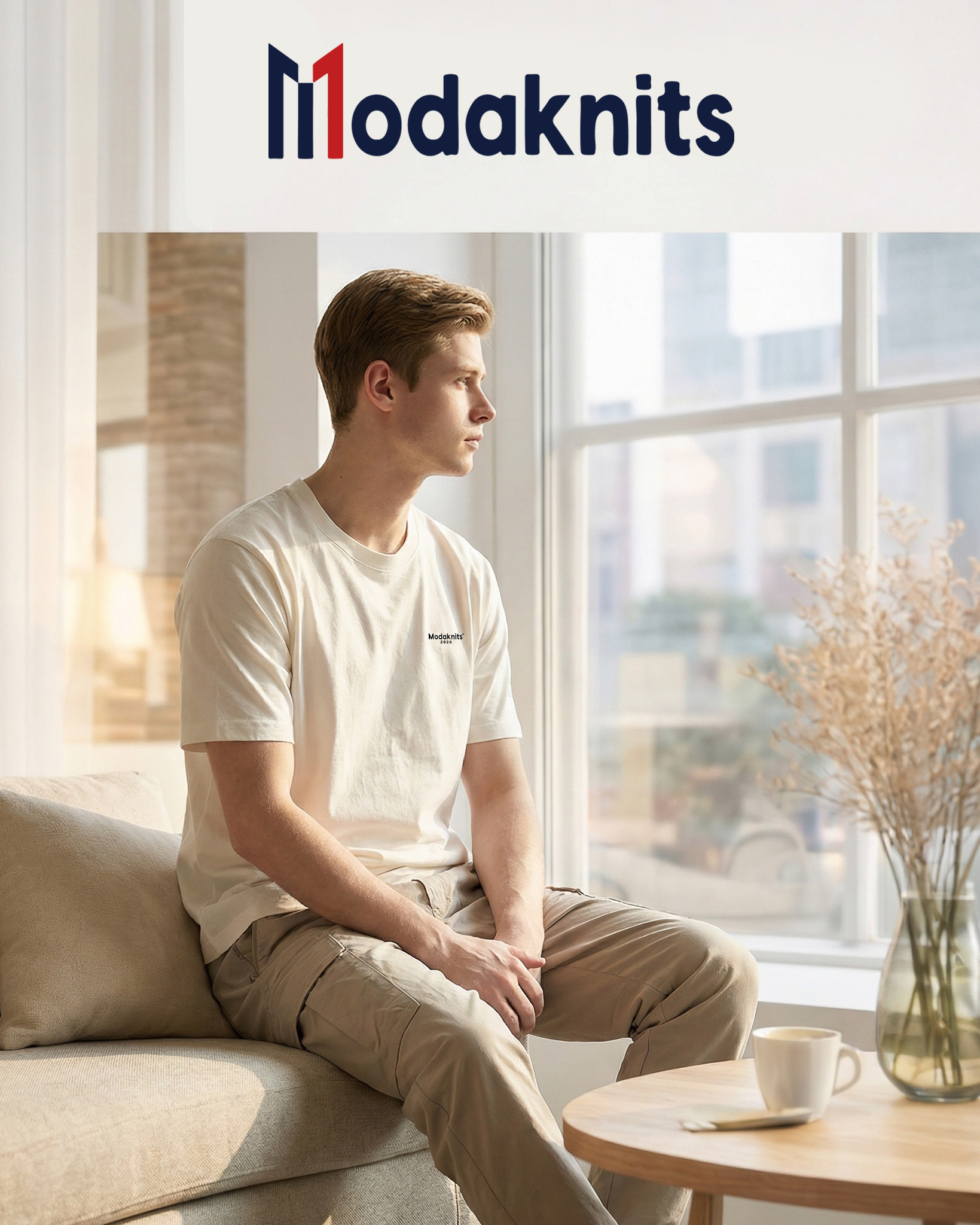I often feel stuck when searching for fresh T-shirt design ideas. I worry that repeating old themes will not connect with new audiences. Then I realize that street culture1 and niche aesthetics2 can spark creative breakthroughs.
Street culture and niche aesthetics provide vibrant symbols, bold shapes, and emotional depth. Designers can transform skateboarding, hip-hop, or even industrial deconstruction themes into distinct T-shirt cuts, colors, and prints. Consumers love unique styles that blend authenticity with visual impact.
I once spent hours studying subcultures to find edgy ideas. That process changed my design approach forever. Let me share these discoveries with you so that you can make your own T-shirts stand out.
How does street culture affect the design style of modern T-shirts? Where does the inspiration come from?
I see street culture as a mix of raw energy and personal identity. It is born from skateboarding, hip-hop, graffiti, and the freedom to experiment. This blend inspires T-shirt designs that are edgy, comfortable, and full of attitude.
Street culture shapes modern T-shirts with loud graphics, bold fonts, and oversized cuts. Designers borrow rebellious visuals from skate decks, bold textures from hip-hop outfits, and vibrant color pops from graffiti art. These influences redefine casual wear and spark fresh trends.
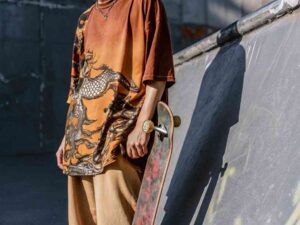
How are skateboarding, hip-hop, and graffiti culture reflected in T-shirt design?
I notice skateboard brands use fearless graphics and playful color blocking. Hip-hop culture often appears through large typographic logos and relaxed silhouettes. Graffiti elements show up as spray-paint effects, chaotic patterns, or hand-drawn motifs. Each sub-genre offers endless creative directions.
How can street elements be transformed into patterns or versions with a sense of design?
I like to dissect street elements. For instance, I transform a graffiti tag into subtle, repeated shapes. I also convert bold colorways into balanced color palettes. With skillful scaling and color adjustment, even a chaotic street pattern can become wearable art.
Niche aesthetics are becoming popular? How can T-shirt design leverage unique visual styles?
I first noticed niche aesthetics gain traction online. People are drawn to darker, more experimental themes. Some prefer “cold style” minimalism, while others enjoy raw “industrial” looks or “morbid” undertones.
Niche aesthetics dig deeper than mainstream themes. They use stark colors, unusual silhouettes, and dramatic cuts. Designers can integrate these ideas into T-shirts by focusing on emotional messages, unique textures, and striking shapes. This makes each piece feel personal and distinct.

What is "cold style", "morbid aesthetics", and "industrial deconstruction" aesthetics?
- Cold style: Clean lines, muted tones, and stripped-down details.
- Morbid aesthetics: Dark themes, eerie prints, and sometimes distressed finishes.
- Industrial deconstruction: Raw edges, exposed seams, and rough textures inspired by gritty urban environments.
How to use tailoring and materials to express the emotional sense of niche aesthetics?
I try to match fabric choices with each theme. For cold style, I use smooth, structured materials. For morbid aesthetics, I might include ripped elements or dark washes. With industrial looks, I leave raw hems or add visible stitches. These subtle touches enhance the overall mood.
Dig out trend inspiration from street photography, independent magazines, and Subculture communities
I enjoy browsing street photography sites and niche forums. They capture real people wearing bold outfits. Independent magazines also experiment with layouts and color schemes that spark ideas. Subculture communities push boundaries and share references I do not find anywhere else.
Platforms like Instagram streetwear pages, fashion photography blogs, and online Subculture boards reveal genuine style evolutions. These outlets show color blocking, layering, and accessory use that I can adapt for new T-shirt concepts.
Which street photography platforms/communities are most suitable for capturing cutting-edge dressing inspiration?
I follow hype-driven Instagram pages, global streetwear hashtags, and local skateboard communities. Also, I check out certain fashion photography forums where people post daily looks from big city streets. Their raw, authentic style guides my design direction.
What inspiration can the color matching and composition of independent magazines bring to T-shirt design?
Independent magazines often feature bold editorial spreads with unique layouts. They combine unusual color pairings and graphic overlays. I sometimes extract these ideas: a vibrant accent hue, a layered photo collage, or an asymmetrical placement that translates well into T-shirt prints.
How to put "inspiration" into a specific T-shirt design plan?
I remember spending a lot of time gathering references but not knowing how to turn them into real garments. Then I realized I needed a concrete approach. By breaking down the design into structure, pattern, and fabric, I create an actionable plan.
I gather all visual cues, then decide on silhouette adjustments, prints, and fabric finishes. I think about the wearer’s needs—comfort, style, and brand identity. Balancing these factors helps me create T-shirts that honor the inspiration while appealing to broader audiences.

How to transform inspiration into structure, pattern or fabric selection?
I translate my mood board into practical elements. If I see a street photo with oversized shapes, I expand my sleeve width. If I see textures in an industrial shoot, I pick raw-edged fabrics. If color is central, I develop a print layout featuring accent shades.
How can the initial design take into account both aesthetic differences and commercial practicality?
I weigh the market demand. If a style is too niche, I might soften extreme details. If the brand supports bold statements, I lean heavily into the edgy look. Commercial considerations also include cost-effective fabrics, consistent sizing, and easy-to-produce details without losing that artistic edge.
Conclusion
In my view, street culture and niche aesthetics offer endless T-shirt design potential. By studying subcultures, analyzing edgy visuals, and applying them thoughtfully, any design can stand out. Balancing creativity with real-world wearability is crucial. I believe these influences will keep evolving, giving us fresh ideas for every new collection.




